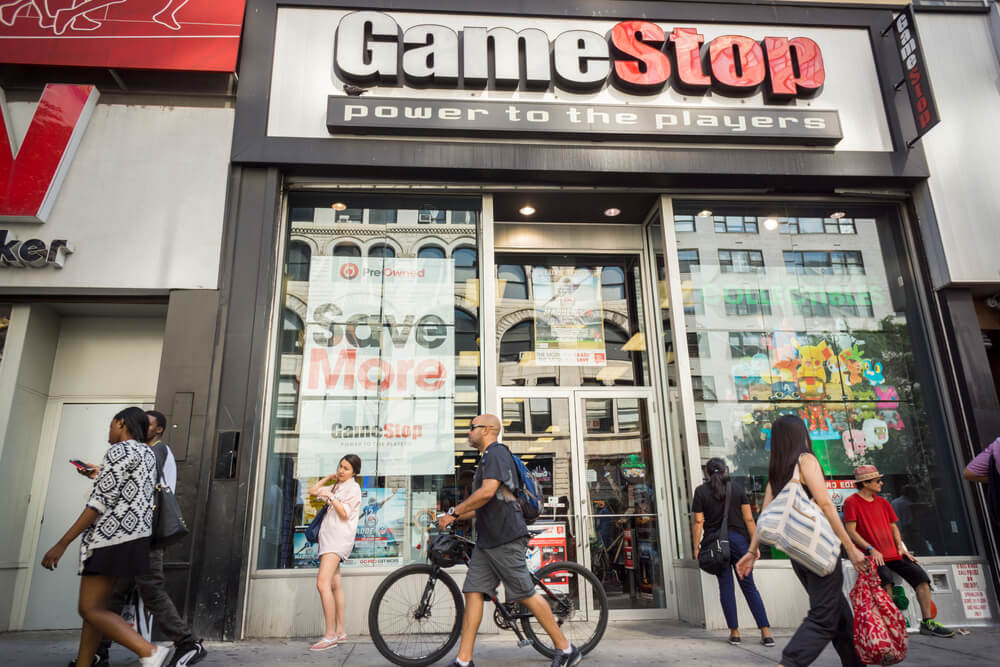The addition or deletion of stocks to stock market indexes can lead to havoc in the trading world. There is speculation about the GameStop shares’ performance once Russell revamps its indexes in June. The Russell 2000 Index measures the performance of approximately 2,000 smallest-cap American companies. It is a market-cap weighted index. Analysts predict that there would be a reaction similar to what happened with Tesla’s stock when it was added to the S&P 500 in December.
The company’s market capitalization gained roughly $200 billion between November 17 and December 21. Tesla stock was $650 when it went into the S&P 500. Since its addition, Tesla stock has traded as high as $900 a share and as low as $614.
GameStop’s market cap is about $9 billion. Compared to Tesla, the money involved is much less; hence, the stock’s movement might be more frantic.
Roughly 35% of GameStop stock worth $3 billion was traded on Friday. Tesla stock has swung about 4% on about $9 billion in shares exchanging hands.

GameStop shares are trading above their level, fuelled by the social media-fed frenzy that led to a massive short squeeze. Shares traded as high as $483 in January.
GameStop share pullback could be a painful lesson
The rise in GameStop shares is bound to hurt many small-cap active portfolio managers who benchmark their performance against the Russell 2000 small-cap index. And most such managers carry underweight GameStop shares. That means they own less GameStop shares than those represented on the Russell index. As a result, they underperformed passive indexes that seek only to match the benchmark as GameStop shares soared.
Investors noted that money flowing to micro-cap stocks can create outsized moves because they have relatively few shares available to be traded. Micro-cap stocks have an average free float of about 29 million shares compared with an average of about 600 million shares for S&P 500 stocks, according to Refinitiv data.
“Micro caps are particularly unpredictable,” said Joel Schneider, deputy head of portfolio management at Dimensional, “but they do go through periods of very strong performance.”
Active managers got some of that underperformance back in February. The gaming shares traded as low as $39 a share this month before bouncing back in recent days. “Volatility picked up again, but this time not driven by a short squeeze…. This volatility is a growing risk to small-cap active managers,” wrote Wells Fargo analyst Christopher Harvey in a Friday note. “Longer term, there is a growing fear of locking in stock-specific underperformance if a high-flyer reversion does not occur before June’s Russell re-balance.”
The Russell Microcap Index, whose components have a median market value of about $350 million, has climbed 26% nearly two months into 2021.
The problem for small-cap managers is that GameStop might graduate out of Russell 2000 and into the big game stocks of Russell 1000 and S&P Index, putting the small cap managers into trouble.
Managers trying to recapture performance before reconstitution could be driving the stock. That means there will be again some frantic trading before the reconstitution of the Russell index.
Subscribe to the nation’s fastest-growing CEO magazine where top leaders & executives share sound business advice and interesting insights.
(Image Credit: rblfmr / Shutterstock)





